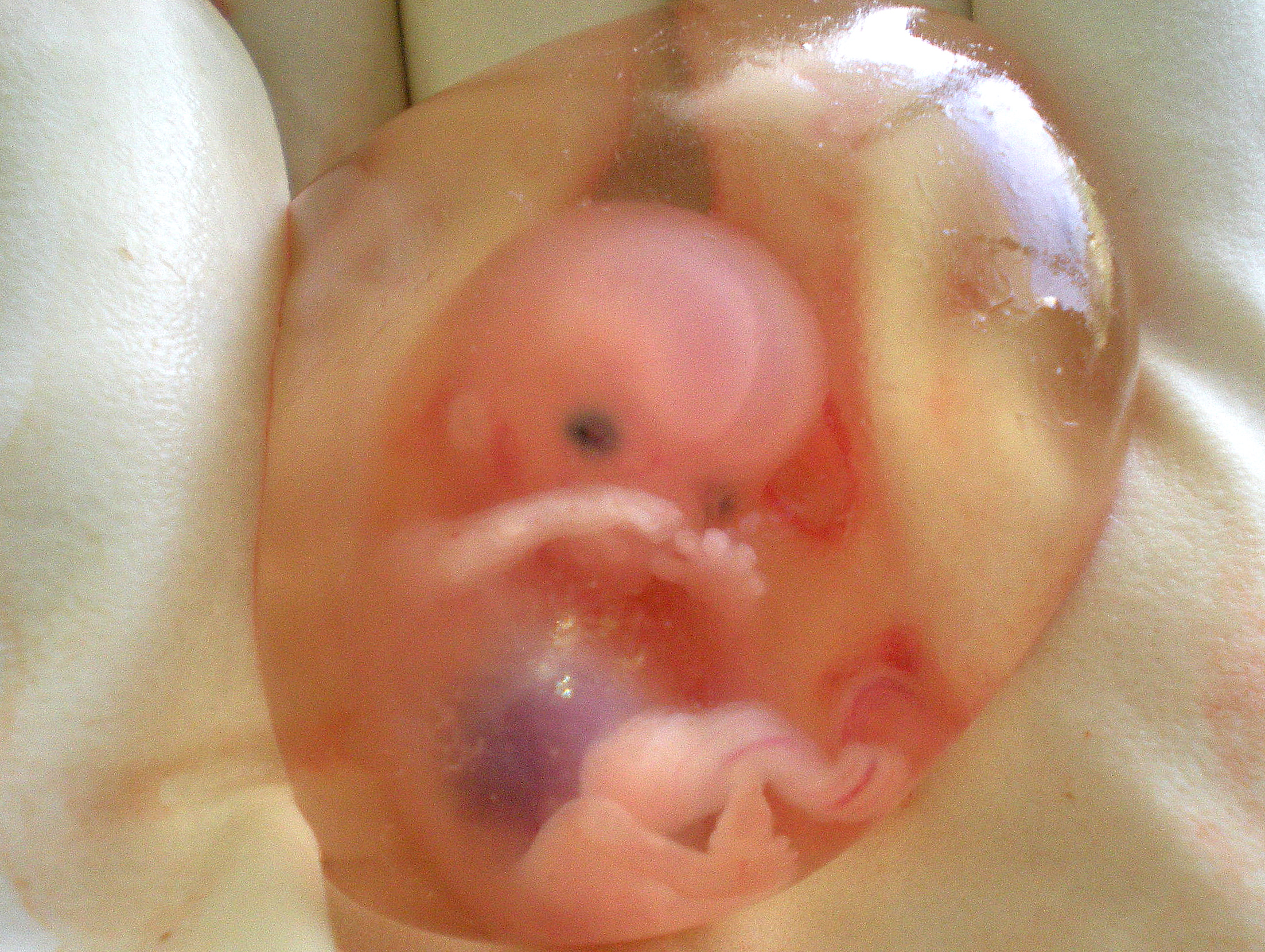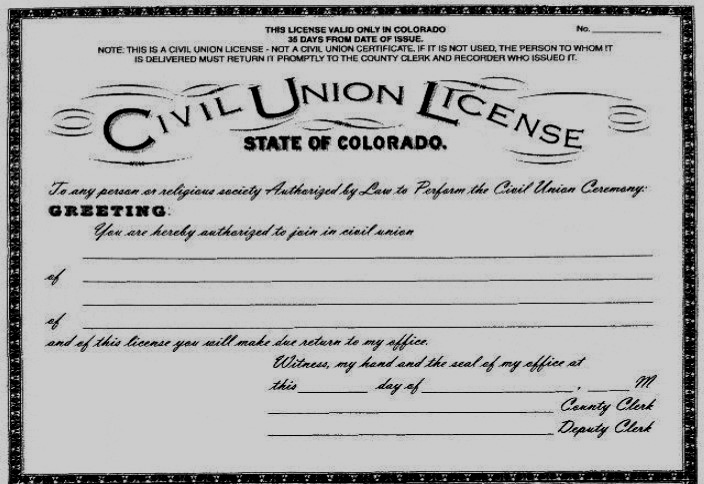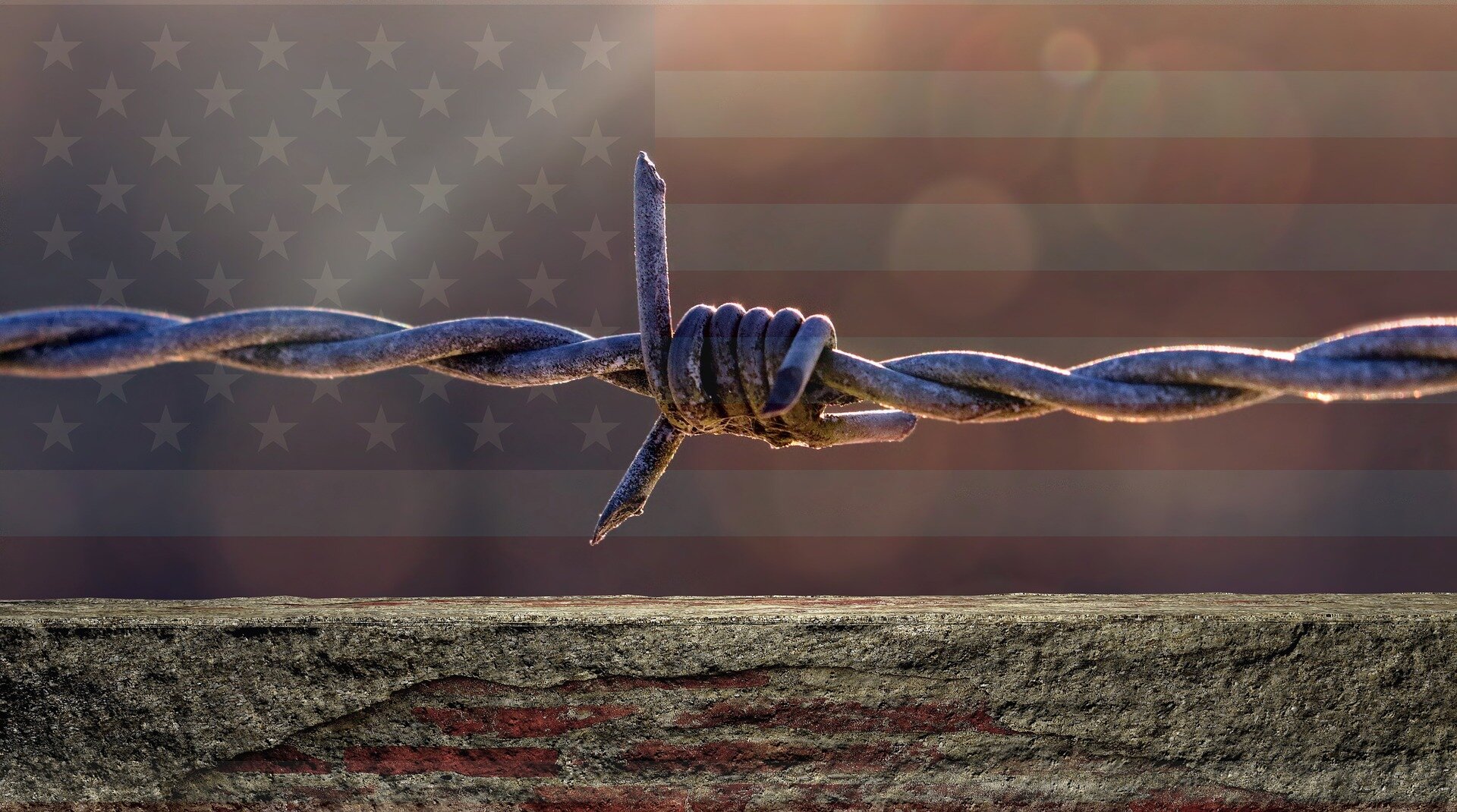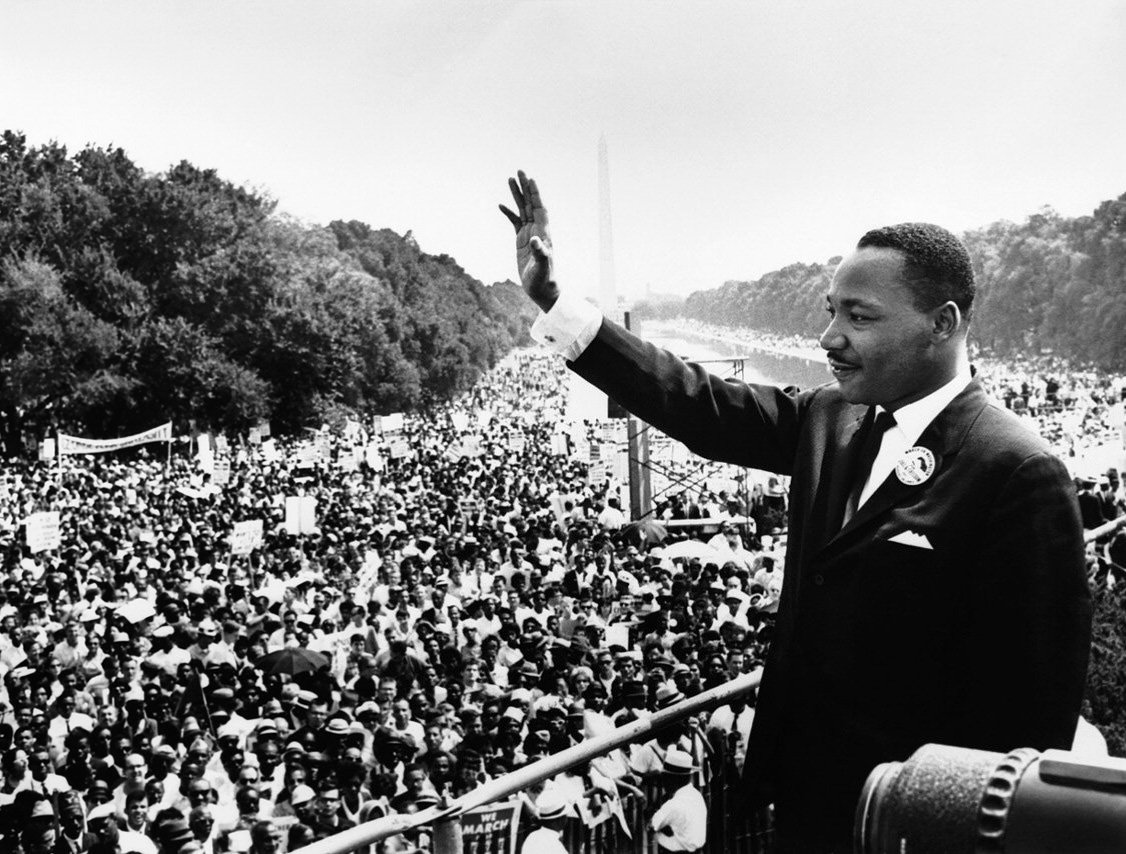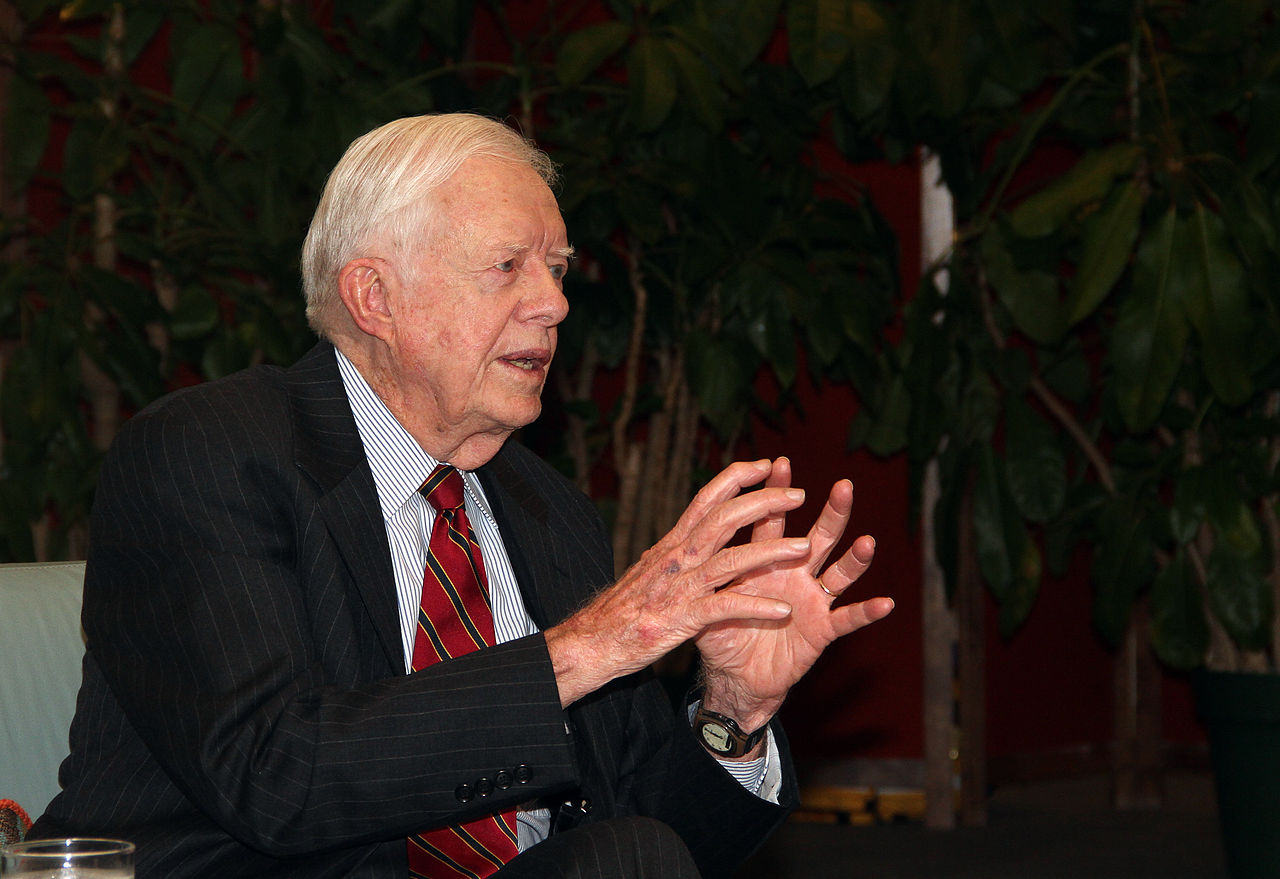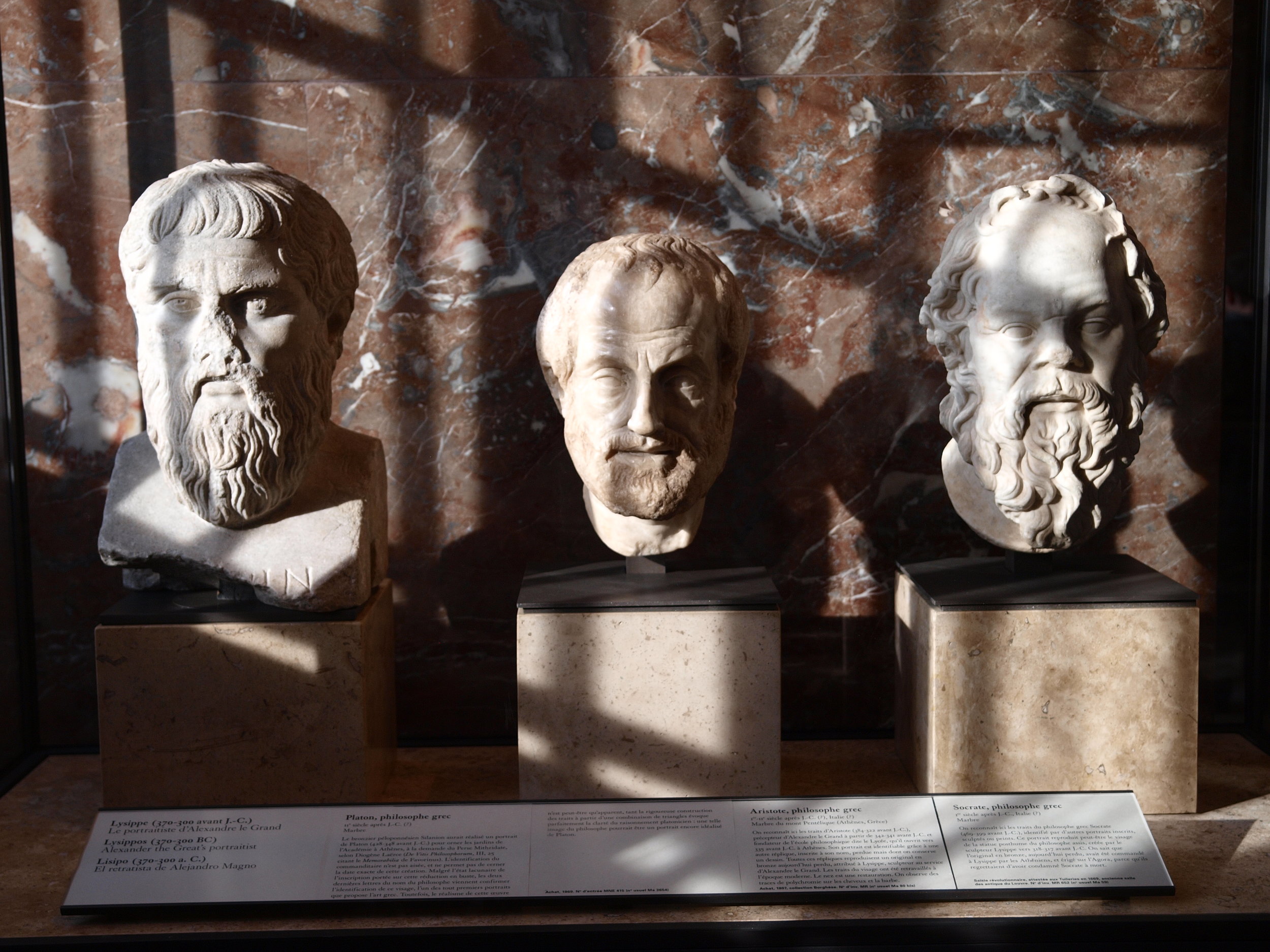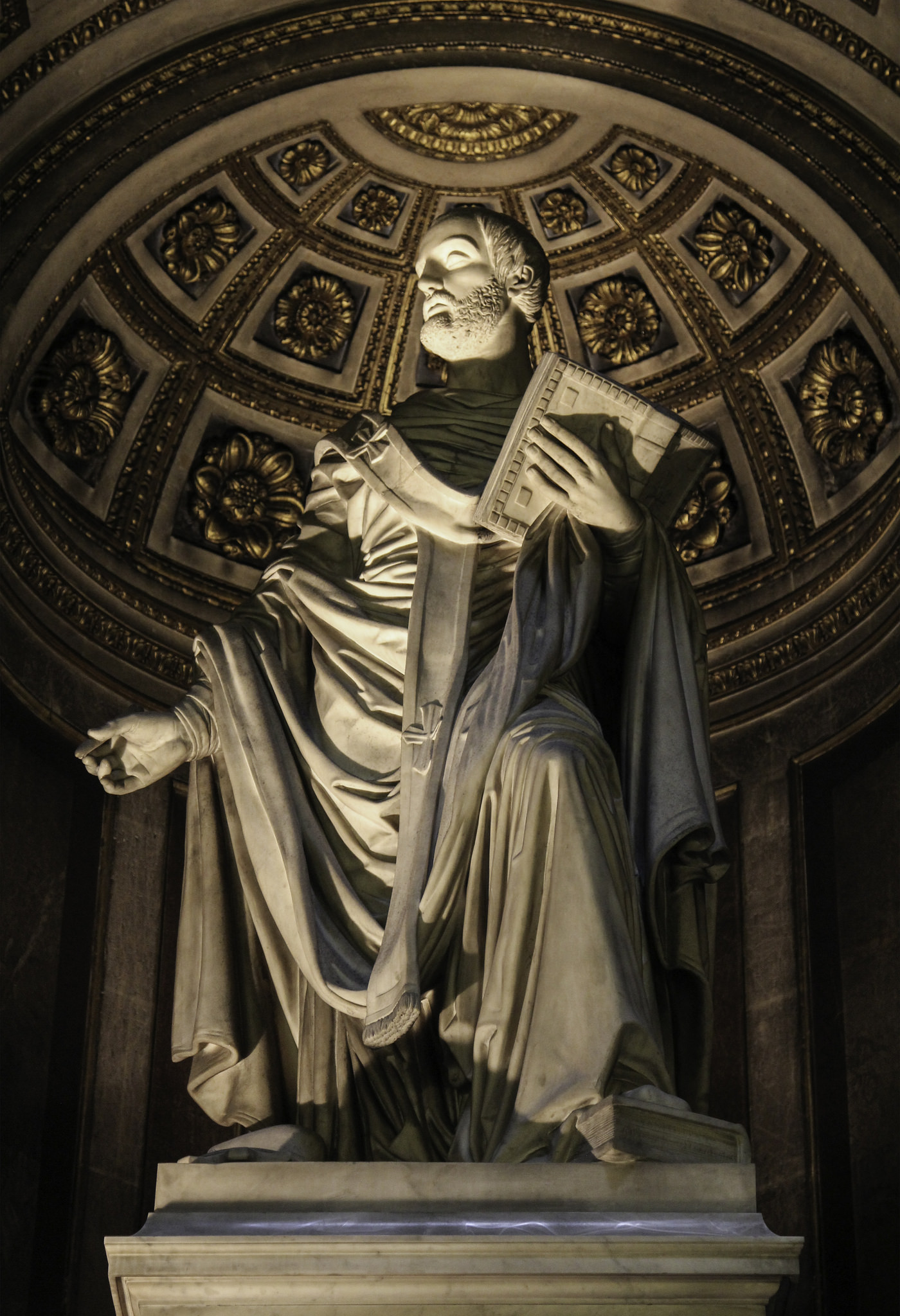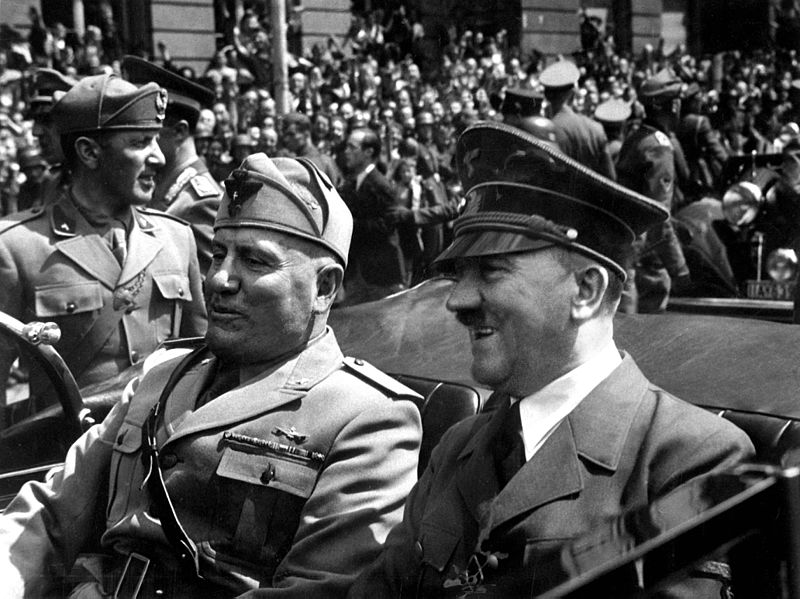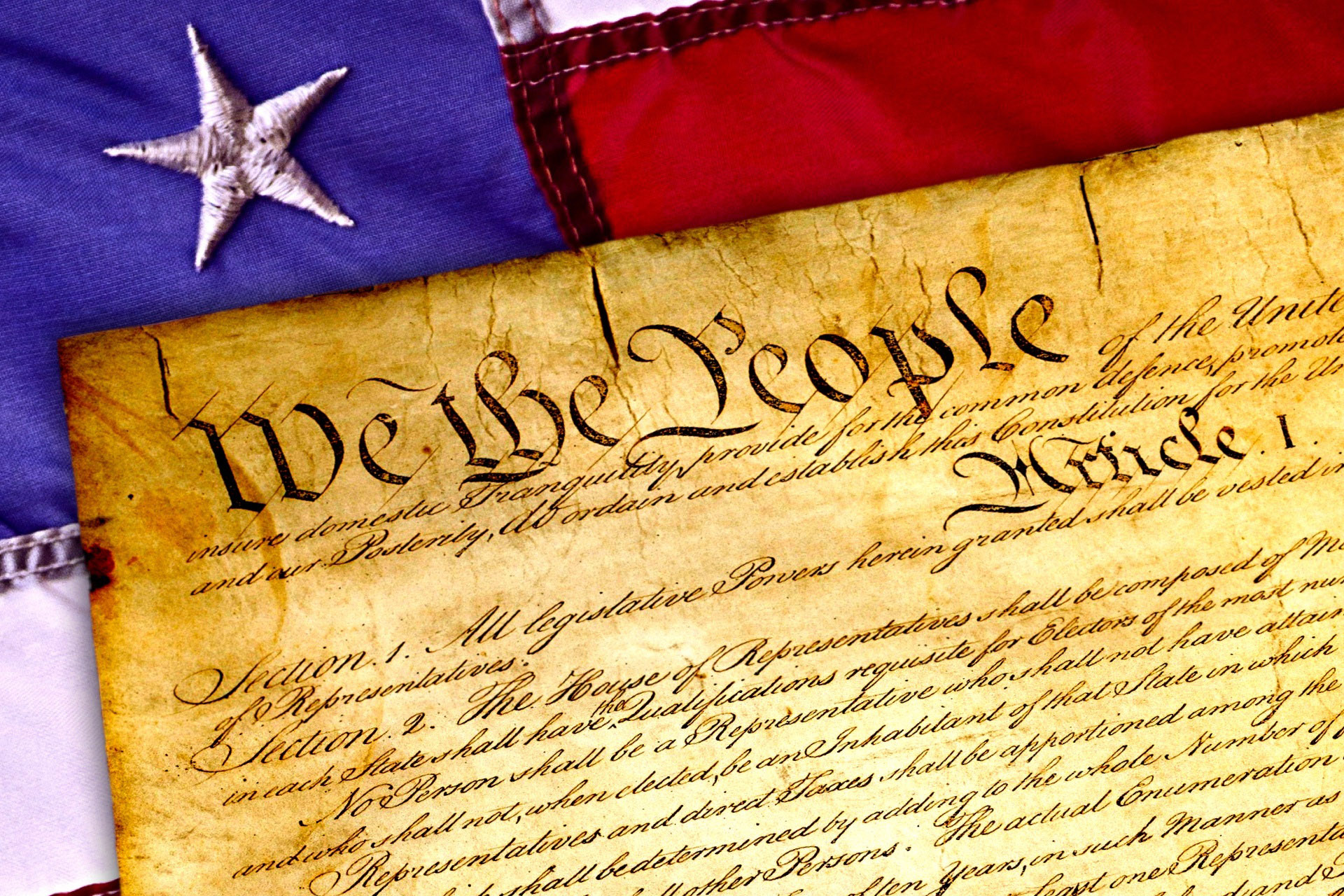A Critique of the Right
From a Christian Restorative Justice Perspective
Photo credit: DonkeyHotey | CC2.0, Flickr.
Introduction
These resources explore God’s creation order and its meaning as God’s vision for relationships between human beings, and also between human beings and the created world. The term “right” is used here broadly to refer to various threads of political traditions that tend to coalesce in the U.S.: property rights over human rights (economic conservatism), synthesis of religion and nation (religious conservatism), nuclear family and nation over the individual (cultural and moral conservatism), and a priority on white supremacy and patriarchy in matters of ethnicity, race, and culture (fascist conservatism).
See also our Critique of the Left and our Study and Action Guides which apply Christian restorative justice to various fields.
Messages and Essays on a Christian Restorative Justice Critique of the Right
White American Evangelical Political Attitudes and Behavior: Explanation and Correctives
Slides to a presentation; audio file here. White American evangelical political attitudes can be characterized by the debate between John Winthrop and Roger Williams, and their respective attitudes towards Native Americans, slavery, fairness, and faith in the civic space. This presentation also explores Scripture and church history to argue that Roger Williams was correct. Given to the staff of Emmanuel Gospel Center, Apr 18, 2018, as a follow-up to how Christian restorative justice impacts ministry.
Human Dignity: Does Every Individual Matter?
Science, philosophy, existentialism, other religions, and double-predestination-based theologies mean that some human beings do not matter. Only a fully Trinitarian theology with a medical substitutionary atonement can provide an adequate foundation.
The Role of Jesus in Revolution and the Pursuit of Justice
This is an evangelistic message that highlights the Christian-led and Christian-influenced non-violent resistance movements throughout the world in the 20th century. They show the connections and spiritual vitality of Christian faith under empire or empire-like oppression.
Christian Faith, Not Secularism, as the Basis for Political Pluralism and Economic Progressivism
A brief outline explaining from both biblical texts and early church precedent why Christian faith leads to a political posture of human rights without theocracy. There is a vision for relational obligations, and principled respect for other religions.
Christian Restorative Justice: A Response to American Christian-Libertarian Syncretism
A long essay on how a Christian restorative justice vision engages the libertarian viewpoint, especially as practiced and articulated in the United States
Slides to a presentation on how early Christian leaders read Genesis 1 as God providing land and wealth for all, but how Protestant heretic John Locke - the father of classical liberalism and “meritocracy” - argued that more “productive” people could take land from less “productive” people. The majority of white American evangelicals follow John Locke’s heretical views about wealth.
Christian Restorative Justice: Beyond Charity - God's Restorative Justice for Children and Families
Slides to a presentation of how a Christian restorative justice vision frames policy issues for the nurture of children. More application areas for Christian restorative justice can be found here.

